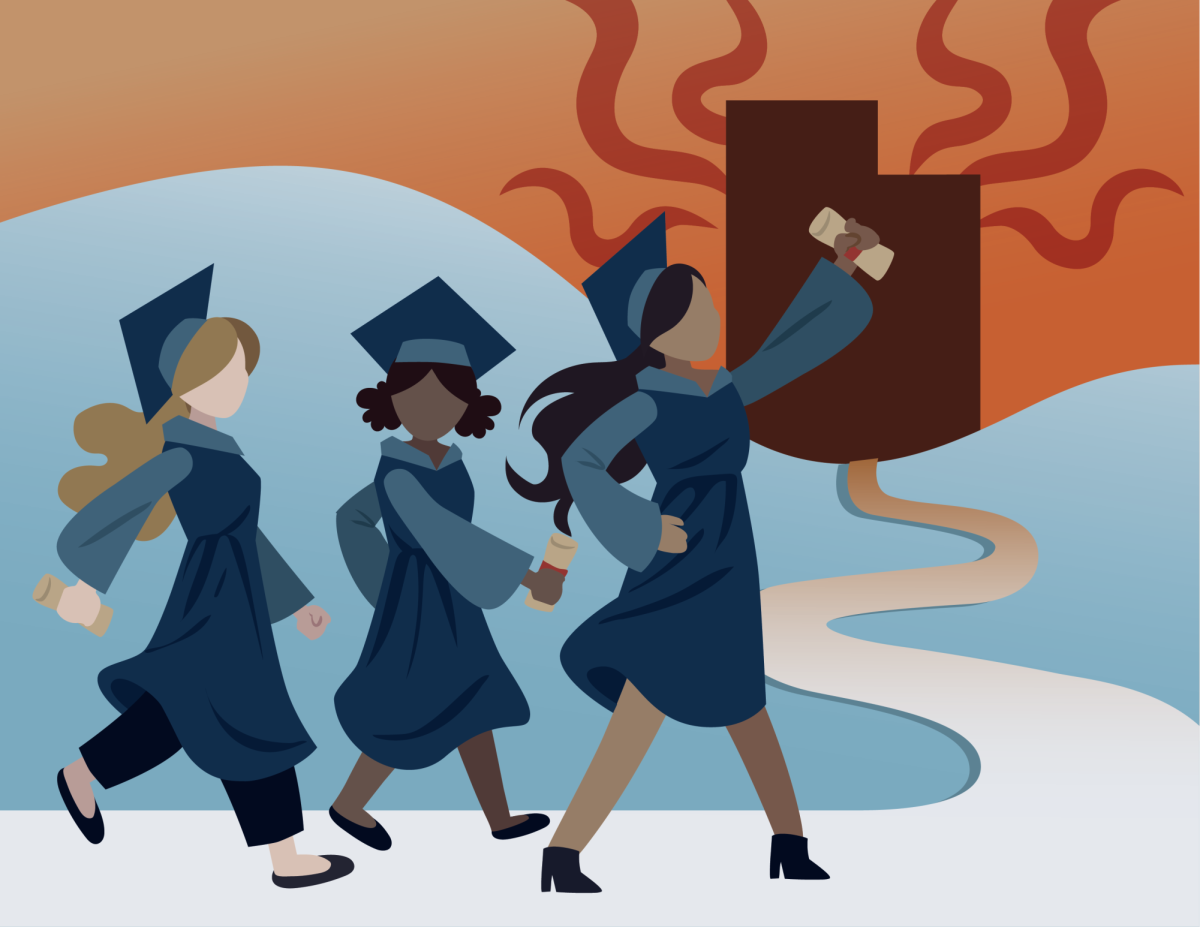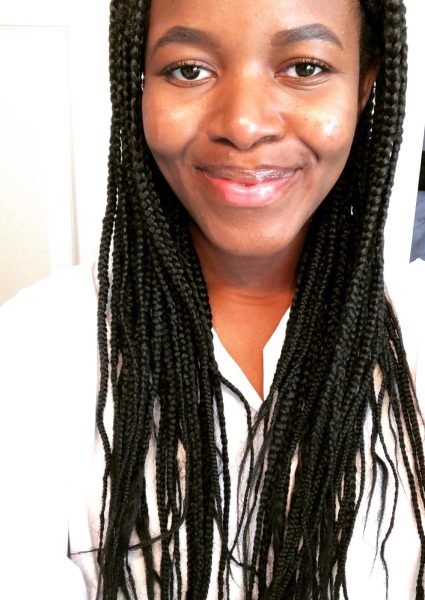This past June, the United States Supreme Court overturned two major catalyst cases that allowed women independence and equality. With SCOTUS striking down affirmative action programs and the Biden-Harris Student Loan Forgiveness plan, many women now worry about their futures.
Women in Utah have only been able to attend college for about 150 years. Utah is consistently ranked as one of the worst states for women’s equality, due to its low educational attainment and large wage gaps. Women will continue to fall behind. Utah women must start worrying for their futures due to the recent affirmative action and Student Loan Forgiveness rulings.
Regents of the University of California v. Bakke
In 1978, the SCOTUS first ruled on Affirmative Action in Regents of the University of California v. Bakke. The case combated the racial and gender disparities in higher education. This highly anticipated ruling allowed for colleges and universities to use race, gender and class conscious admissions systems, which allowed marginalized and underrepresented students to gain access to attend college.
The ruling on these cases was what allowed women across the country to bridge educational and economic gaps. However, despite many efforts made by the government, some states were not doing as well as others.
The 1978 Affirmative Action case encouraged colleges to practice a holistic process — where not only students’ grades and test scores became factors, but their socio-economic, racial, sex and immigrant backgrounds did too. This was in hopes of understanding that these identities would affect the way these students performed and the access they had compared to their more privileged peers. The Affirmative Action case is what allowed many women, especially white women, to outpace their male counterparts in higher education attainment.
Since the enactment of Affirmative Action programs, women across the U.S. have attended college at higher rates, even outnumbering men in college attainment and graduation. College education also provides women with the ability to be financially independent and secure.
Student Loan Forgiveness?
The Biden-Harris Student Loan Forgiveness plan was designed to combat the racial and gender equity gaps experienced by women of color. A study done by the American Association of University Women found that white women and black women — excluding Asian and Hispanic women — had higher student loans compared to their male counterparts, with black women having the most. SCOTUS’s striking of the Student Loan Forgiveness plan will now make full repayment of these student loans, with their unfair interest rates, nearly impossible for many women.
Many Utah women, especially women of color, will fall behind in gaining economic stability and educational opportunities. Although Black women are known to be the most educated group in the United States — not Utah — they still take the biggest economic losses, with Utah Black women experiencing the most loss.
Prior to college graduation, black women leave with 43% more in student loans compared to their white-women counterparts. Yet they still expect 10% less wages compared to their white women counterparts, therefore falling behind in their economic growth.
Utah’s Stance
Despite the efforts made by the country, Utah has seen the complete opposite results for its women. Utah is failing its women due to the lack of educational encouragement and economic opportunities. Women throughout Utah have confessed that they feel as if the state has not done enough to help bridge these education and economic gaps, compared to their peers. Utah’s conservative and patriarchal culture will only worsen the already bad gender-equity gaps.
The LDS Church is known for encouraging women to aspire to be homemakers, rather than working outside the home. BYU’s Daily Universe found that many college-aged women find themselves dropping out of college to fulfill their roles as homemakers and wives. This is encouraged by teachings of the LDS church.
This new shift in college admissions and attainment will only encourage more women to halt their education. A study done by Utah Women and Leadership Project found that one of the biggest barriers to college for women were college costs and student loans. Although Utah colleges rank lower for student loans, many women still find affording college challenging. The fate of women across the country and Utah is worrisome. Utah needs to start amplifying their gender and race education equity programs and initiatives. Although many institutions throughout the state have been adding programs to help attract more diverse students, Utah is still lacking.
The University of Utah has been implementing solutions, such as offering scholarships to help combat these issues. The Larry H. Miller Foundation and the Utah Jazz Foundation created full-ride scholarships designed to help low income and diverse students to attend college without the burden of paying for college. However, the Utah Jazz Foundation was only active for 2 years. These new implementations have not fully helped bridge any gaps.
The U has stated that they will not consider race and/or gender in their admissions process due to providing equality in their admission policies. Methods like this could help attract more women to attend college, but it will still take more than these initiatives to diversify college institutions and bridge economic gaps.
Women in Utah must start looking toward each other to help bridge educational and economic gaps.




